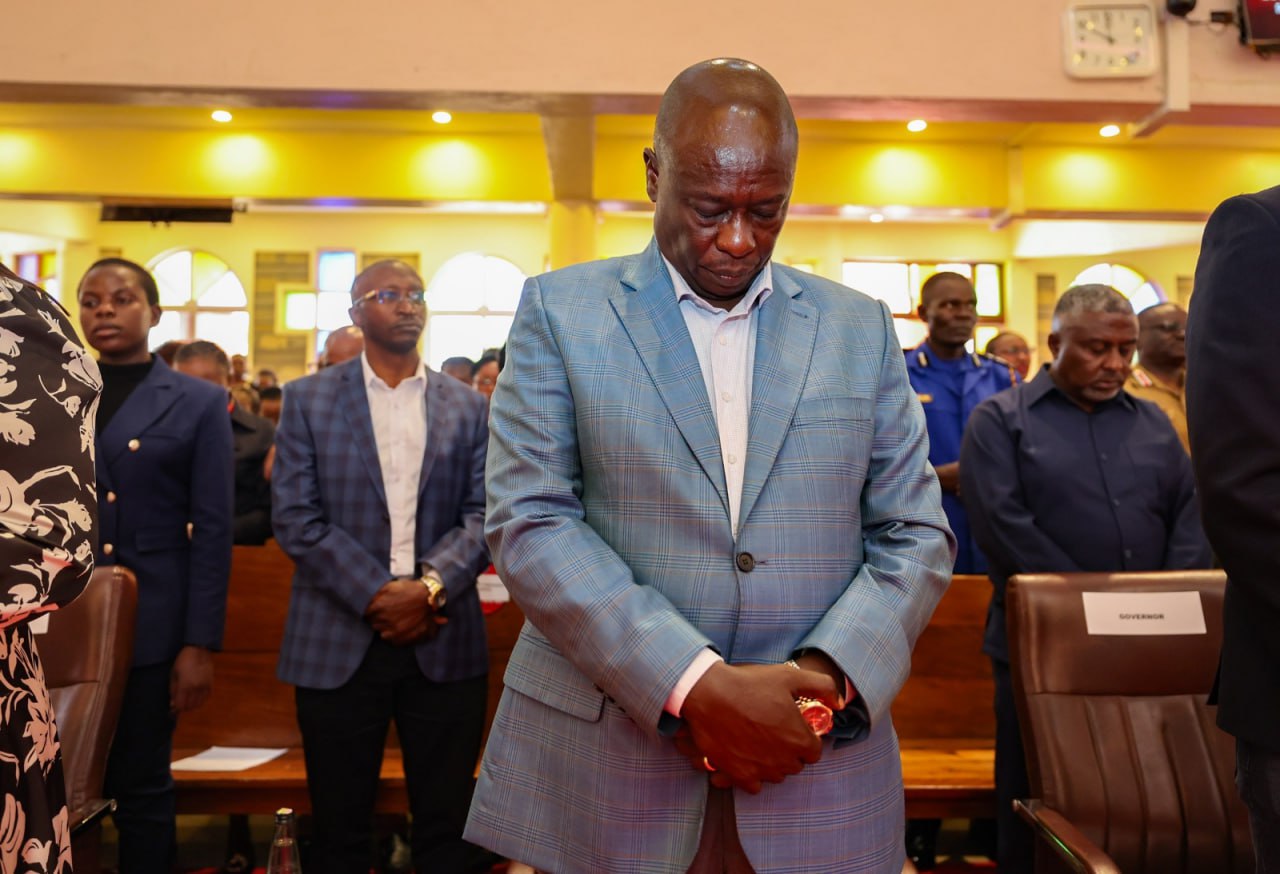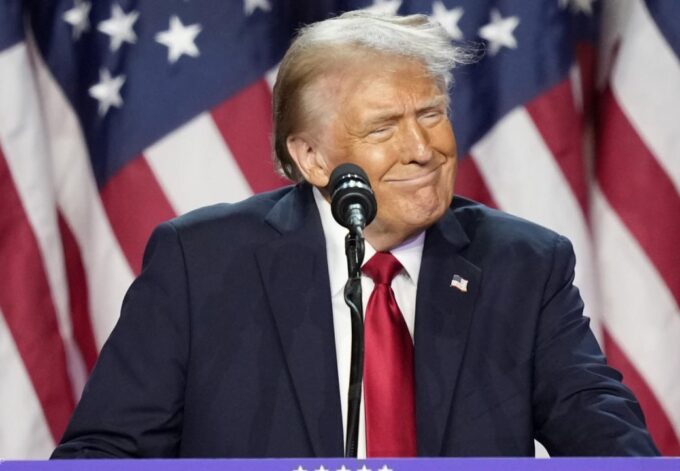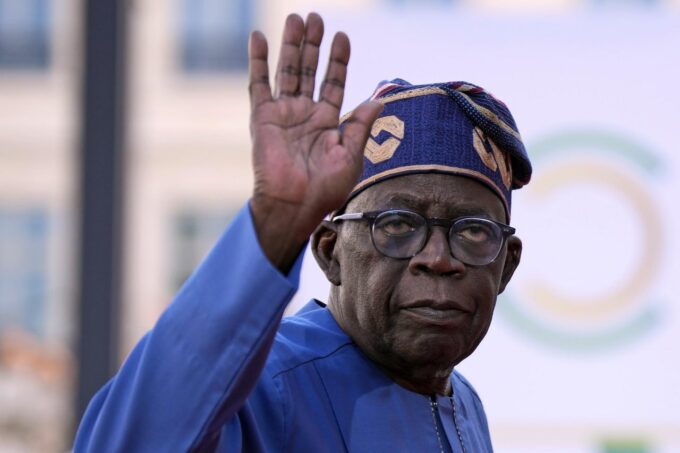Kenyan senators have voted to remove Deputy President Rigathi Gachagua from office, following a dramatic impeachment trial in the Senate. Gachagua, popularly known as “Riggy G,” had been absent from the proceedings after his lawyer reported that he had been hospitalized due to chest pains, requesting a postponement of the trial.
However, despite the defense team’s plea, senators chose to press forward without Gachagua, leading his legal team to walk out in protest. This determined move by the Senate underscores the political tensions that have plagued Kenya’s government for months, ever since Gachagua fell out of favor with President William Ruto.
The impeachment proceedings were initiated after a majority of members in the National Assembly, Kenya’s lower house of parliament, voted in favor of removing Gachagua from office. The charges against him included inciting ethnic divisions and violating his oath of office—serious allegations that led to the Senate upholding five out of the 11 charges filed against him. Gachagua was cleared of some charges, including corruption and money laundering, but the remaining accusations were enough to seal his political fate.
The Senate’s decision means Gachagua, a wealthy businessman from the central Mount Kenya region, is not only ousted from his role as Deputy President but also banned from holding public office in the future. Additionally, he loses his entitlement to retirement benefits. Gachagua has described the entire process as a “political lynching” and has indicated plans to challenge the decision. A Nairobi High Court has since temporarily suspended his removal pending a hearing scheduled for October 24.
Gachagua’s fall from grace comes just two years after he and President Ruto were elected on a joint ticket. Their political alliance had played a key role in securing Ruto’s victory in 2022 by galvanizing support in Mount Kenya, the heartland of Kenya’s Kikuyu community, the largest voting bloc in the country. However, cracks in their relationship began to surface earlier this year. In June, Gachagua publicly criticized the head of Kenya’s intelligence agency for failing to inform Ruto about the scale of protests against unpopular tax hikes. This move was widely seen as undermining the president’s authority, particularly as Ruto had just been forced to backtrack on the tax increases, facing widespread public discontent.
In the wake of this internal power struggle, Ruto swiftly consolidated his hold on power. On the day following Gachagua’s impeachment, President Ruto moved quickly to nominate Interior Minister Kithure Kindiki as his new deputy. Kindiki, a close ally of Ruto and his former lawyer during their trial for crimes against humanity at the International Criminal Court (ICC), has already secured unanimous approval from parliament. While Kindiki’s appointment has been temporarily halted by the Nairobi High Court pending the ongoing legal case, it is expected that he will soon take up the position.
This political shake-up signals the end of a turbulent period of infighting within Kenya’s highest levels of government. President Ruto, now firmly in control, has also reshuffled his cabinet, bringing opposition members into his government in an effort to stabilize the political landscape.













Leave a comment